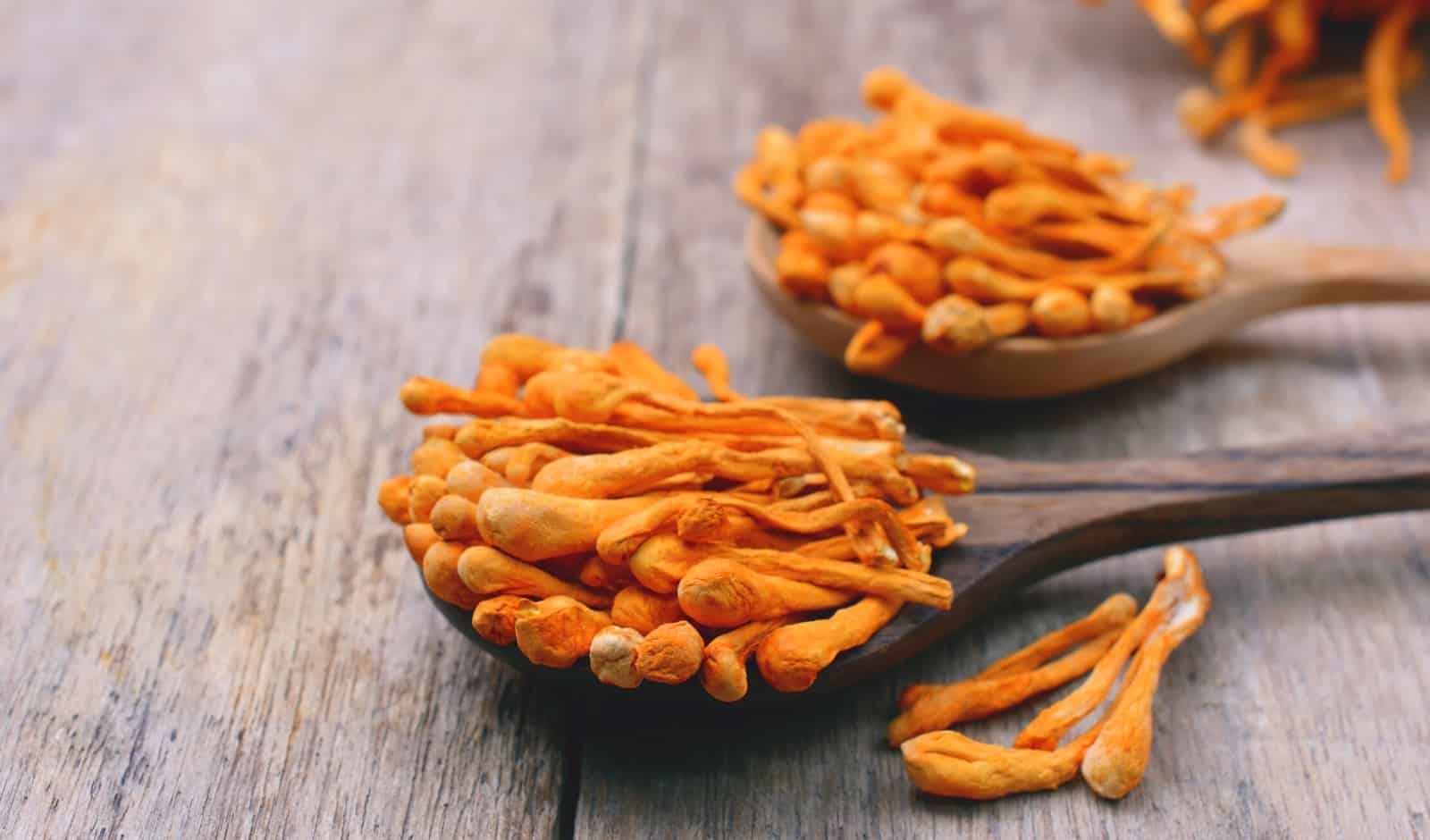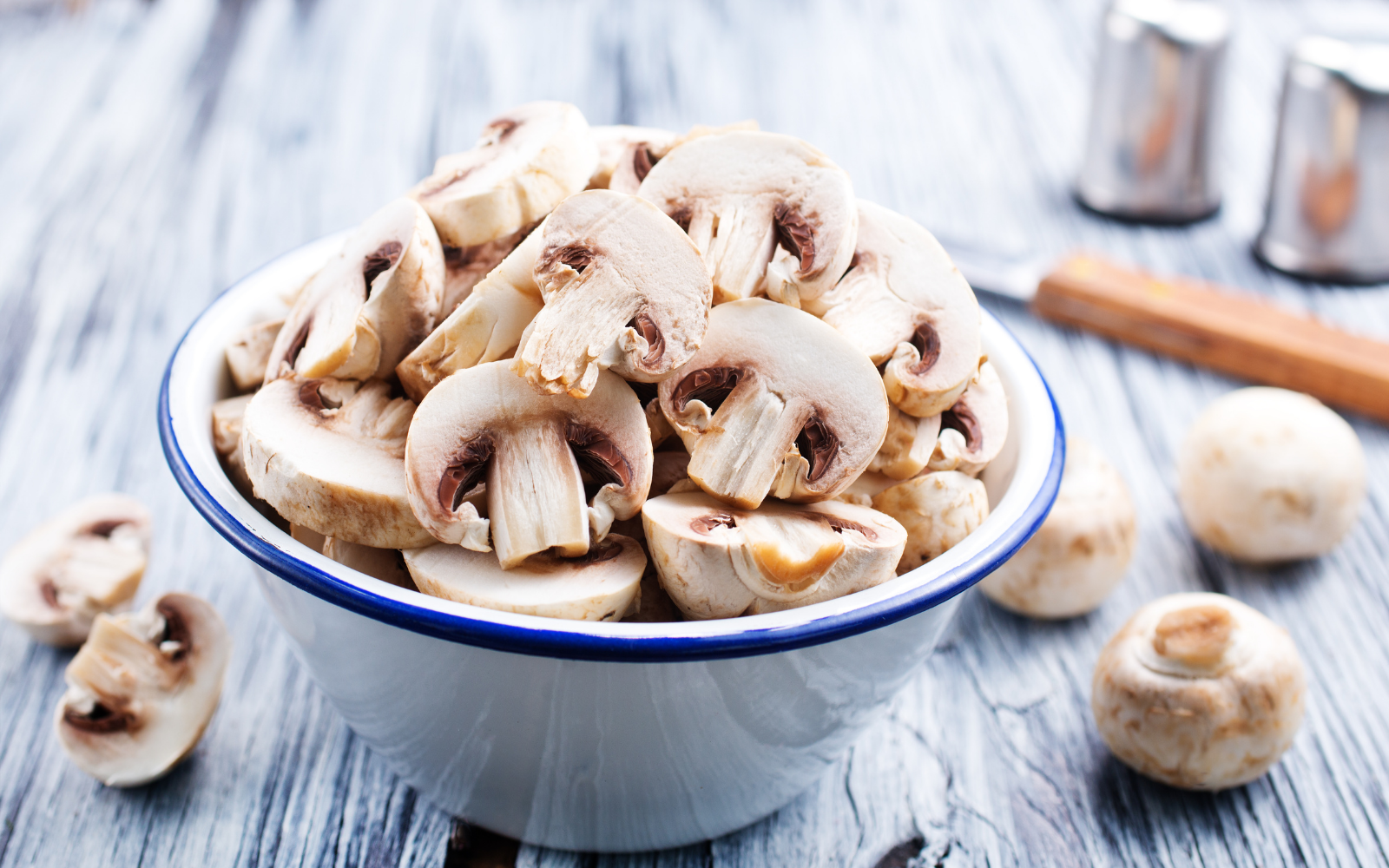No one will deny that caffeine provides a much-needed energy boost when you're in a pinch. At night, during pregnancy, or for people suffering from caffeine sensitivities, however, caffeine-free tea is a must. Not only that, but many herbal teas supply extra health benefits and special antioxidants. Here's how to choose the right one.
What's a True Tea?
True tea comes from the Camellia sinensis plant -- which always includes natural caffeine. (1) Camellia sinensis is the tea shrub -- not to be confused with the tea tree -- and it's where all of your standard teas come from. This includes...
- Green tea
- Black tea
- Oolong tea
- White tea
- Earl grey
- Matcha
- Yellow tea
- Pu-erh tea (fermented tea)
- Masala chai
- Kukicha (twig tea)
- Assam (Irish breakfast tea)
Caffeine-Free Tea Vs. Decaffeinated Tea

Just like coffee, decaffeinated tea still holds some caffeine -- about 1% to 2% of the original caffeine level. When you see decaffeinated green or black tea, it probably contains about 0.5 to 2 mg of caffeine compared to the 2 to 12 mg in decaf coffee. In decaf tea, manufacturers remove most of the caffeine content. With caffeine-free tea, the plant never contained any caffeine to start. If going no-caffeine isn't your goal and you'd like to enjoy a cup of green tea at night, you can brew your own. About 80% of a true tea's caffeine content makes its way into your water within the first 30 seconds. You can brew a cup of tea for about 45 seconds, toss out the liquid, then brew another cup with the same tea leaves until the strength is to your liking.
10 Naturally Caffeine-Free Teas to Tantalize Your Taste Buds

Try some of the teas below or buy some loose-leaf tea to make your own tisane (herbal blend)!
1. Peppermint Tea
Peppermint tea is one of the best caffeine-free herbal teas for energy. (2) Beyond boosting energy, studies also suggest that drinking peppermint tea may stimulate concentration. (3) Research shows that drinking peppermint tea may also help with migraines, menstrual cramps, allergies, and digestive problems. (4, 5, 6)2. Hibiscus Tea

Hibiscus tea -- the other red tea -- is an herbal tea made from, you guessed it, the hibiscus plant. Don't like floral flavors? No problem! Hibiscus tea has a tangy sour flavor like cranberry. As a bonus, hibiscus tea is also loaded with important antioxidants and makes an excellent iced tea. (7)
3. Chai Tea Herbal Blend
Tread with caution: Most chai tea blends contain caffeine because they include black tea as the main ingredient. However, you can also find caffeine-free tea made only from spices such as ginger, black pepper, cardamom, turmeric, cinnamon, and clove.4. Mushroom Tea
We're not talking about your standard white buttons here. Certain medicinal mushrooms like from reishi and chaga all make awesome caffeine-free teas. Some of them can taste quite bitter, so you may need to add a sweetener or brew it lightly... but the awesome medicinal benefits make it 100% worth it. Traditionally, mushroom tea is made by steeping the fruiting body of the mushroom (the part that grows out of the ground or tree) in hot water. Each type of medicinal mushroom is loaded with unique antioxidants and beta-glucans for different health benefits, which are water soluble and extracted when the tea is made. For sleep and relaxation, choose reishi tea. (8) For energy and focus, choose lion's mane, or cordyceps. (9, 10) You can also buy medicinal mushroom powder extracts and add them to your peppermint or other herbal teas. These powders are already extracted, so you can also just take them as a capsule, or add them to any food or drink.
5. Ginger Tea
Ginger is a delicious caffeine-free tea that studies show can reduce inflammation. (11) People also use ginger tea and its soothing properties for helping with stomach issues or nausea.6. Raspberry Tea
Raspberry loose-leaf tea is also packed with antioxidants. Raspberry is sometimes referred to as the "women's herb" and is thought to be especially beneficial for women. It has been studied for its ability to reduce menstrual cramping. (12)
7. Mamaki Tea
Found only in the Hawai’ian Islands, mamaki is an awesome caffeine-free alternative to green tea because it contains similar antioxidants and catechins. (13) Mamaki may also improve energy and boost brain health.8. Chamomile Tea

While studies do show that chamomile tea may improve symptoms of anxiety and promote relaxation, it may also support the immune system and reduce inflammation across the entire body. (14)
9. Turmeric
You may not want to drink turmeric as a straight tea, but it is definitely delicious with milk, some cinnamon, and honey! Turmeric contains curcumins: antioxidants known for their ability to reduce inflammation. Studies also suggest that curcumins in turmeric may boost brain health by stimulating brain-derived neurotrophic factor (BDNF): a hormone that prevents brain disease and improves learning. (15, 16)10. Dandelion Tea

Dandelion is a tea lover favorite for weight loss because it may reduce water weight and support fat burning. (17, 18) Of course, all weight loss supplements and caffeine-free tea products are most effective as part of a healthy diet with physical activity. Dandelion tea may also promote liver health and defend against cancers like melanoma and pancreatic. (19, 20, 21)

